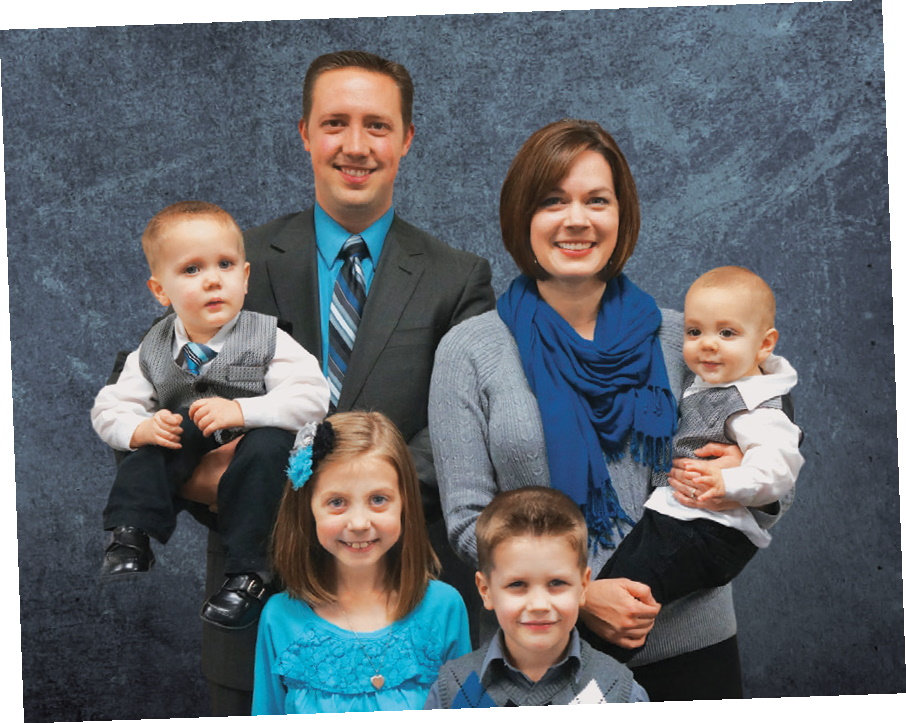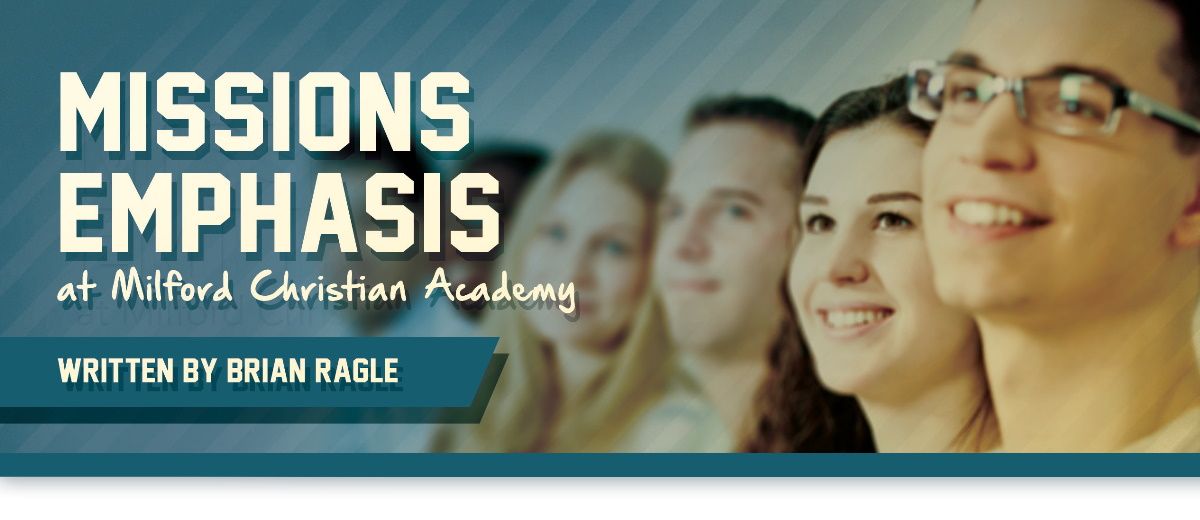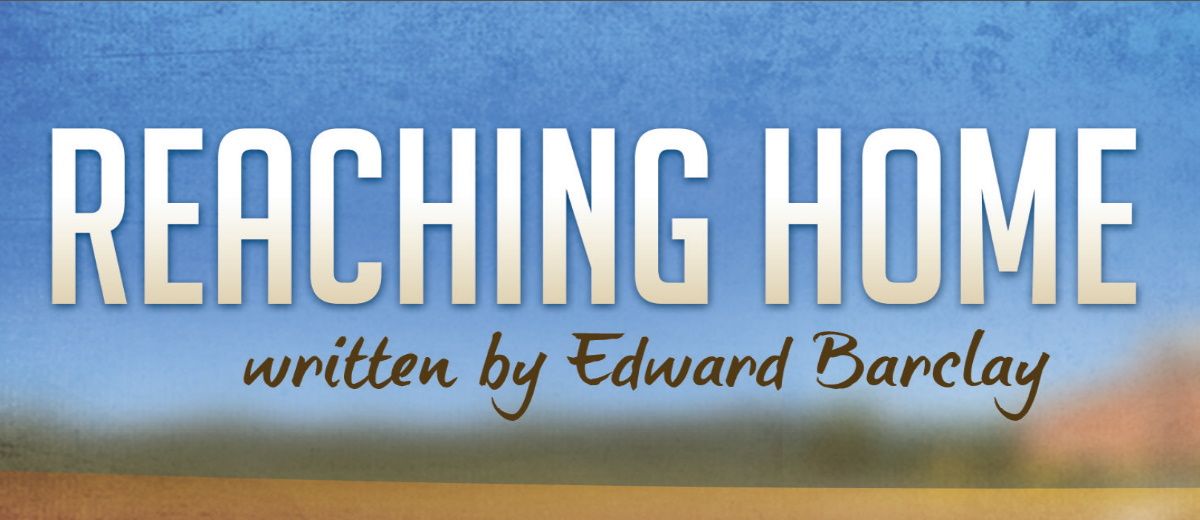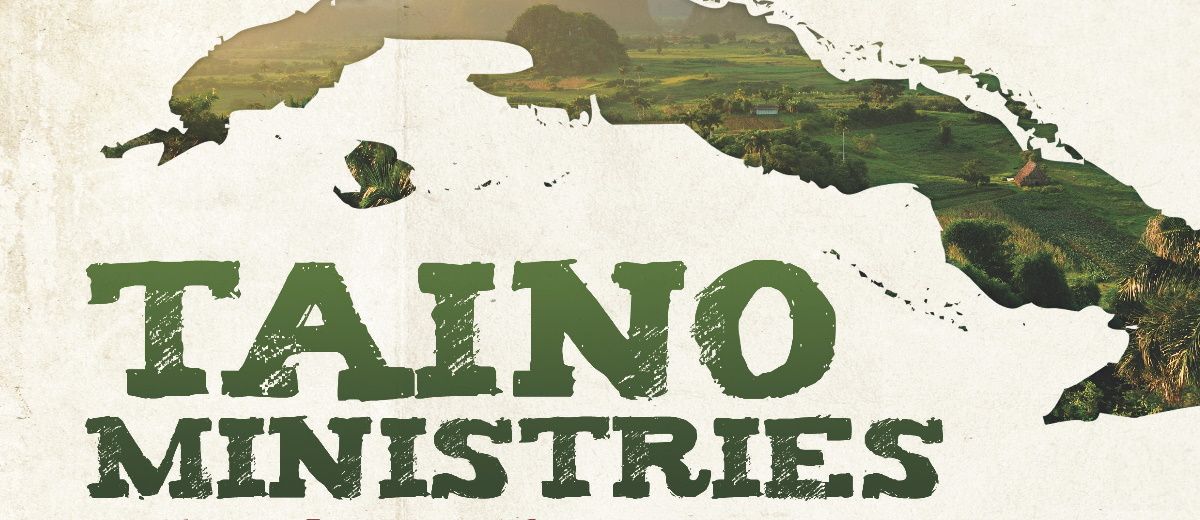The Voice of a Missionary: Interview with Adam & Aleassa Jarvis

Can you give us some background information on you and your family, and how God led you to the place where you serve today?
ADAM: I grew up in the ministry of Bearing Precious Seed in El Paso, Texas. After graduating from Bible college, I married Aleassa and we continued to work with BPS for three years, during which time our two oldest children, Lily and Jackson were born. We then moved to Milford, OH, and served at First Baptist Church for almost 6 years. Also in this period, our two youngest children, Marcus, (Max) and Tanner were born. During our time in Milford, God began to move in my heart about where He wanted me to serve Him long-term. In September 2013, I took a missions trip with my wife to Honduras, where we were introduced to a an established church-planting ministry with a Bible institute and orphanage. Over the next several weeks, through much prayer, wise counsel, and assurance from the Scriptures, (namely Ephesians 3) the Lord directed us to join ourselves to this ministry, and we are currently raising our support to go to the field. Lily is now 8, Jackson 6, Max 3, and Tanner is 1.
How well have you adjusted to the culture?
ADAM: Just about every aspect of our life will change when we make the move to Honduras. We are preparing for that by learning as much as we can about the culture and by praying for God’s grace and strength to help us adjust.
What new challenges have you experienced that you didn’t experience before?
ADAM: On the survey trips I have taken, some of the challenges were dealing with the heat, unsanitary conditions and communicating with strangers in a foreign language.
What is the most influential religion in the area you are working, and what unique challenge does that present?
ADAM: Catholicism accounts for the largest religion, but a little less than half the population claim to be Catholic. There is also a large number of Pentecostal and Charismatic churches. Most people do not oppose Jesus Christ, but many see Him as just a “good luck charm” to help them in their lives. They need to learn that Jesus is God, and needs to be revered and worshiped as God.
How will you go about evangelizing the people you are trying to reach?
ADAM: The purpose of the Bible institute is to train the young men and women who grow up in the orphanage for the ministry. When someone has completed his training and is ready to consistently preach, he then goes to a village that does not have a Bible-believing church and begins to hold regular services. Because of the lack of Internet, attractions, shops, and things to do, many people are often excited to come to the church services. (Sometimes, a church service is the only thing going on in the entire village that night!) Because of this, many churches often hold two or three midweek services. It is not uncommon for a church to hold regular services twice on Sunday, then on Tuesday, Thursday, and even Saturday. Our goal is to love, train and encourage the children coming up through the orphanage to plant churches, and to continue the relationship with them after they have left to go pastor, and keep them encouraged through prayer and regular visits.
What methods will you use to train and disciple the new converts?
ADAM: Because of the nature of the orphanage ministry, most of the new converts are young children. These children are taught the Bible daily through regular devotions and Bible time in the Christian school they attend. We will be able to expand and develop their discipleship program through the use of visual aids, curriculum, and teaching tools. Also, we will invite the children into our home on a regular basis for mentoring and establishing relationships.
What are some of the goals you have set for yourself and the ministry?
ADAM: Our goals are the following: for the health and safety of the people living on the property and create a more home-like (less institutional) environment. To continue the focus of training children for the furtherance of the Gospel and develop an awareness in them for the need to reach the unreached people groups, starting with the ones in Honduras. To encourage the established churches.
What advice would you offer a missionary preparing to serve on the field?
ADAM: Because I haven’t had any experience yet on the field, I don’t feel I could offer any practical advice yet. Right now I’m the one preparing, and asking others for advice.
How can your home church encourage you and other missionaries on the field?
ADAM: PLEASE come and visit us on the field. Pray for us.
How are you adjusting to the culture?
ALEASSA: There will be a lot to adjust to in Honduras. Things we take for granted like clean water, hot showers and grocery stores on every block will be harder to come by in the rural area in which we will be serving. One of the biggest adjustments we’ll have to make is understanding that the Honduran culture is not rooted in Christian principles like the US. Therefore, simple things like politeness and respect for others do not necessarily come naturally there. In the meantime, adjusting to the “culture” of deputation has been an adventure in itself, but we are enjoying it as a learning experience. I believe it is strengthening our family bond, which we will need when we make the move to a foreign country.
Do you involve yourself in the ministry, or is your focus on taking care of the home and the children?
ALEASSA: On the road, my focus is supporting Adam as much as possible while doing my best to keep the children healthy and rested. We will be starting homeschooling in the Fall, which will take up a lot of time. When we reach Honduras, my priority will be to involve our home and children in the ministry as much as I can. There will be a lot of work to be done by me personally, but my first ministry is to my family and children. The Lord will help me find the correct balance in that area.
What is a typical day like for you?
ALEASSA: Right now, a typical day begins with plenty of coffee before feeding my family a simple breakfast in our travel trailer before hitting the road. Lily and I get it as cleaned up as we can inside, while Adam and Jackson break down camp and make sure everything is travel-ready. We typically drive between 4-8 hours a day, fixing our own meals as much as possible, and stopping at an RV park most evenings. The kids have their bikes to ride and get in some exercise while we’re parked for the night.
What advice would you offer the wife of a missionary preparing to serve on the field?
ALEASSA: Involve your kids as much as possible. Make them feel important in the ministry—because they are! Keep a positive and thankful mindset—you are not a martyr but someone who has been given the incredible opportunity to see the world through God’s eyes. Pass that gift on to your children. Don’t feel like you are depriving your kids of anything—you are giving them so much more through this experience than many kids could ever dream of! Someday, they will look back on this time as the greatest of their lives, and they will be thankful for it. Enjoy it, embrace it, and your family will too.
Questions for both
How can your home church encourage you and other missionaries on the field?
When we know you are truly praying for us and thinking of us, there is no greater encouragement. Having our home church visit us on the field would also be an incredible encouragement.
What are the greatest prayer needs you have for yourselves and the ministry?
Our greatest prayer is that we would reach the field while the resident missionary is still there. His health is very deteriorated and it would be terribly detrimental to the ministry if he had to leave and nobody was there to take his place.
The greatest needs for our family personally are: funds for passports and visas; fuel; funds to build our house and set up once we arrive.
What would you like to say to your home church, and your other supporting churches, that perhaps we didn’t cover in this interview?
Thank you for remembering us in your prayers. We have been blessed by so many, and we are so very, very grateful!







